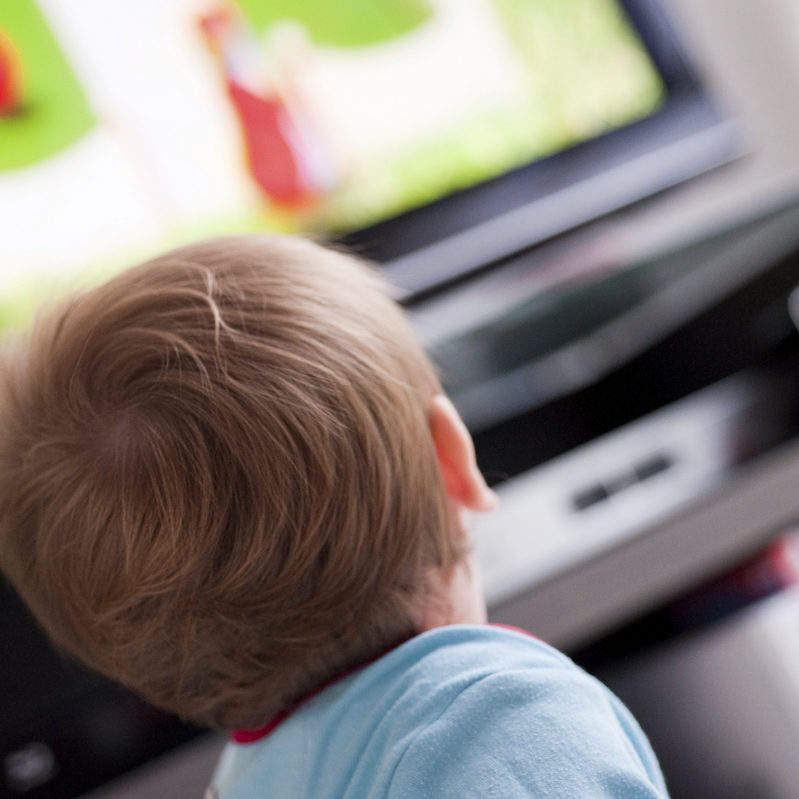Have you ever watched TV with your children and observed their reactions when ads for junk food are displayed? Chances are they passively sit there enjoying the images, humour and music on offer. It’s now well established that children cannot assess the persuasive intent of advertising until at least the age of 10, so they tend to take ads at face value. This means that as they watch the ad, they’ll likely be thinking about how delicious and tempting the advertised foods look.
A 2016 survey by Cancer Research UK asked 137 kids aged 8-12 what they were thinking when they watched junk food advertisements. The study found that kids enjoyed watching the ads and could remember the jingles. They liked humour and said the ads made them feel happy, excited, hungry, and even tempted them to eat the advertised foods immediately, to the extent that one boy said he felt he could “lick the screen”.
Other research has discovered more subtle effects. The first is that the children presented in the ads often appear cool, good-looking, sporty and popular. Many young children aspire to this and hope to attain these traits by watching and copying the kids who seem to have these qualities. This supercharges the emotional appeal of a “sporty” cereal or a “cool” soft drink, or even those processed snacks in one’s lunchbox that the popular kids on TV seem to have.
Additionally, presenting images of other children and families consuming junk food can build a false and dangerous sense of normality. For instance, when kids view ads in which hard-working mothers purchase takeaway buckets of chicken on their way home, much to the delight of their families, it can lead them to assume that this is a normal, healthy and loving behaviour.
Perhaps unsurprisingly, the Cancer Research UK study also found that children acknowledged the ads made them more likely to request unhealthy foods from their parents. Of course, parents can and do say “no” to their kids; that’s a big part of what parenting is. However, it’s unfair how junk food companies tempt children with delicious, unhealthy foods, while the parents, who love their kids and care for their health, are forced to be The Grinch. Why do we support companies whose business model involves putting friction into the parent-child relationship?
I don’t mind saying “no” to my kids, nor do I mind teaching them about processed foods and healthy eating. I’m equally happy to teach them how to check for unhealthy ingredients and excessive amounts of sugar or salt, but since I’m trying to be the responsible parent here, I really wish that junk food companies would target their ads at adults, rather than taking advantage of our children.
Kate is a member of the Parents’ Voice Steering Committee. Kate believes kids should be free to enjoy their childhoods without a barrage of unhealthy advertising messages. As a mother of four teenagers, she also thinks time-poor parents need to band together to get their voices heard! Now working in software development, Kate has degrees in Law/Economics and a background in Investment Banking.
Editor’s note: Parents’ Voice Fame and Shame Awards are open for voting. Have your say on junk food advertising to kids and tell junk food companies to stop targeting our kids! Vote here.




